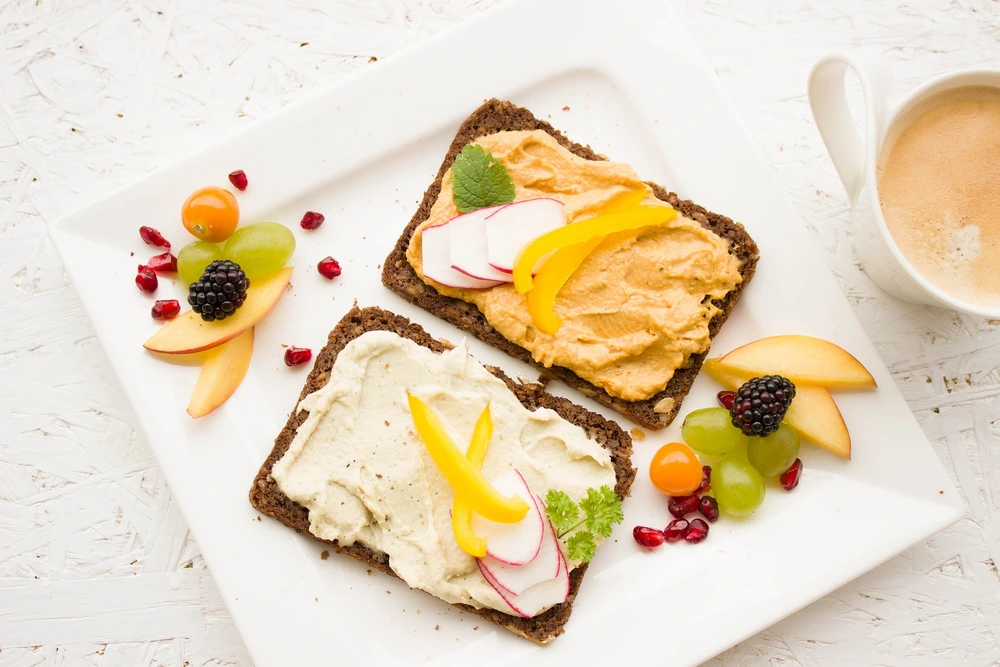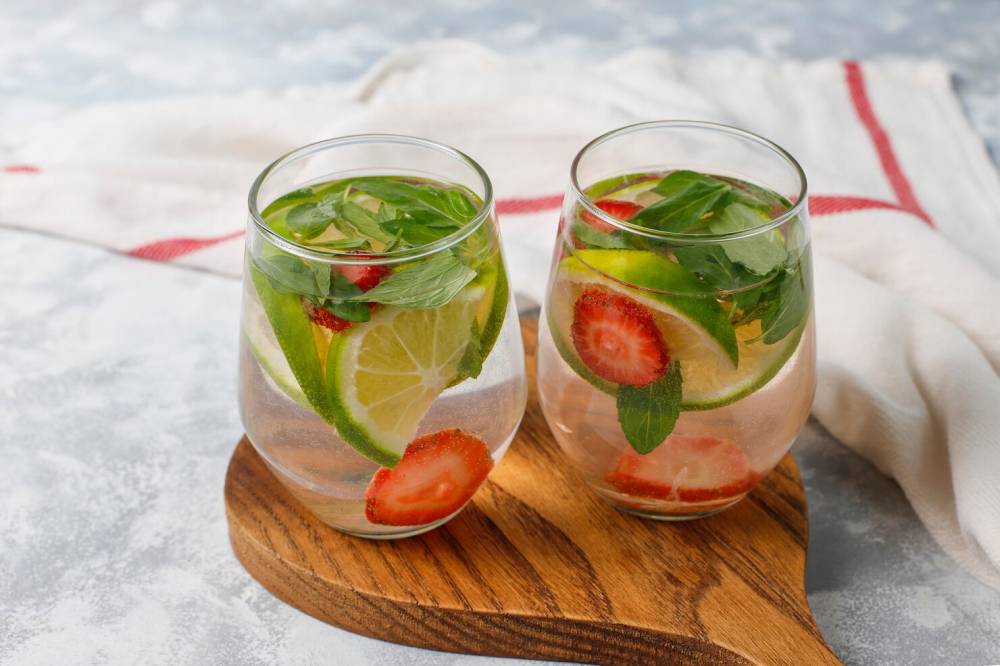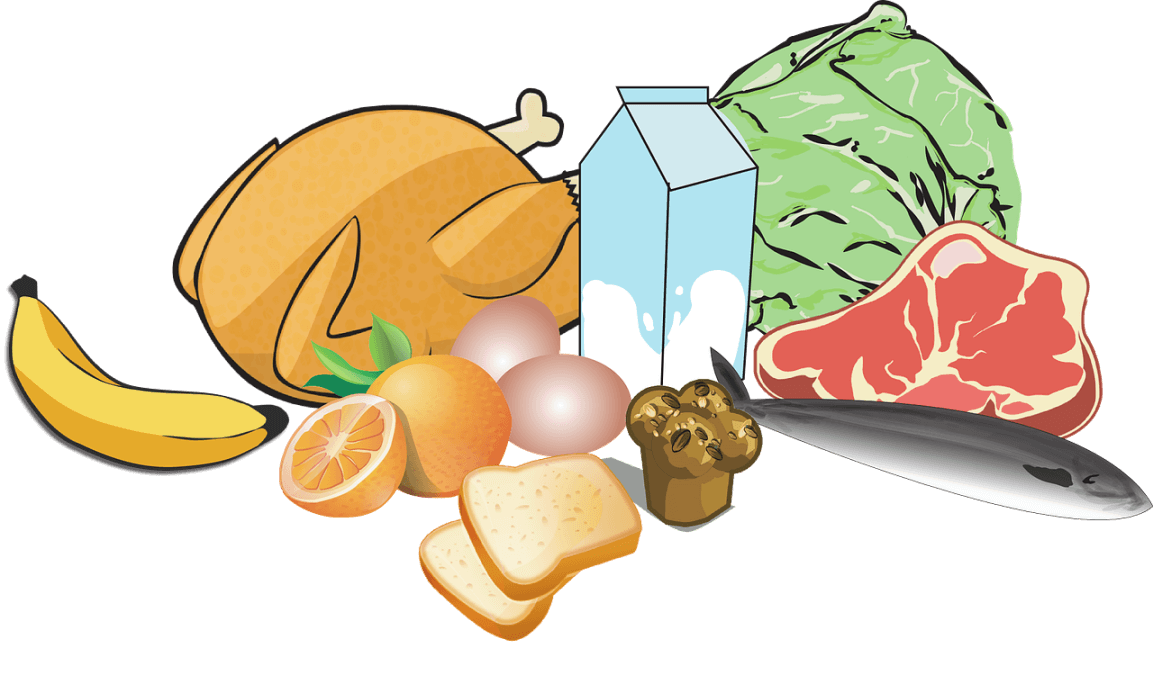The digestive system of humans is a complex mechanism. It is responsible for nutrient absorption, toxin elimination, and fighting off certain illnesses. Thus, a healthy diet should include leafy greens and other fibre items.
In addition, using prebiotic, probiotic, or postbiotic supplements is one of the greatest strategies to keep your digestive tract healthy and efficient.
What exactly do prebiotics, probiotics, and postbiotics do for your body?
In this article, we’ll go over some of the most frequently asked topics about prebiotics, probiotics, and postbiotics in connection to gastrointestinal health.
Decoding Prebiotics, Probiotics, and Postbiotics
When it comes to health and wellness, prebiotics, probiotics, and postbiotics are a potent trifecta.
Here’s what you should know:
Our bodies are teeming with microbes, many of which are helpful to our health. Understanding the distinctions between probiotics, prebiotics, and postbiotics will help you grasp how they affect your gut health.
Prebiotics, probiotics, and postbiotics are all helpful bacteria that aid in maintaining a healthy gut microbiota.
Our intestinal microbiota can become imbalanced if we consume processed foods, are frequently stressed, and do not take adequate care of ourselves. This can result in a slew of unpleasant symptoms later on.
However, if we eat a balanced diet, take probiotics and other supplements (ideally natural), and attempt to reduce stress in our lives as much as possible, we should be able to maintain healthy intestinal microbiota.
Distinctions Between Prebiotics, Probiotics, and Postbiotics
Prebiotics – Prebiotics are food for probiotics, and they can be found in a variety of foods. Prebiotics help probiotics grow in your gut; therefore, you can’t have one without the other.
Asparagus, bananas, barley, onions, artichoke, garlic, and oats are examples of prebiotic foods.
Probiotics are living organisms that live in your intestines. They number between 39 and 300 trillion! Probiotics aid digestion by breaking down food and absorbing nutrients.
Postbiotics are byproducts of probiotic bacteria that die or degrade in your gut. They improve digestion by increasing vitamin and mineral absorption.
Postbiotics also aid in the battle against dangerous bacteria in your body before they become an issue.
Usage of Prebiotics, probiotics, and postbiotics
Prebiotics, probiotics, and postbiotics should be consumed daily! We would have difficulty digesting non-fibrous meals if we had the required number of prebiotics, probiotics, and postbiotics in our system.
Bloating, constipation and irritable bowel syndrome can result from this (IBS).
Working Mechanism of Prebiotics, probiotics, and postbiotics
Each of us has a distinct microbiome influenced by factors such as genetics, nutrition, and lifestyle. Scientists recently discovered that eating prebiotics or probiotics can positively affect the gut microbiome.
But how do they function?
Prebiotics, probiotics, and postbiotics all work together to promote good digestion. Probiotics are live microorganisms that dwell in the gut and are fed by prebiotics.
Postbiotics are the probiotics that remain after they have completed their functions, and they have been shown to aid in anything from good skin to diarrhoea.
Prebiotic and Probiotic foods
Yoghurt, kefir, kombucha, and sauerkraut are some of the most popular probiotic-containing foods. Garlic, onions, artichokes, asparagus, cabbage, bananas, and lentils are all high in prebiotics. Probiotic and prebiotic foods are required to support the growth of beneficial, digesting bacteria in your gut.
Eating vegetables, lentils, fruit, and fermented foods is the way to go if you want a happy digestive system!
Do Supplements Work?
Yes! Unfortunately, many of us have a less-than-ideal gut microbiome due to the modern diet (high in refined foods and artificial chemicals, low in fibre), environmental pollutants, and stress.
Although probiotics and prebiotics can be found in specific foods, getting enough of them through diet alone might be difficult. A supplement can ensure you obtain enough to maintain your gut bacteria happy and healthy.
Medications or Foods to Avoid While Consuming Prebiotic, Probiotic, or Postbiotic Supplements
If you wish to start taking a prebiotic, probiotic, or postbiotic supplement, avoid taking it alongside antibiotics.
This is because antibiotics can prevent the supplement from operating properly in your digestive system. If your doctor has given you an antibiotic, try taking your supplement around 2-3 hours before or after the drug.
Launch Your Own Prebiotics, Probiotics, and Postbiotics Product Line
Diet, lifestyle modifications, and supplements are the most effective ways to lead a happier, healthier life.
Look no further if you want to give your consumers the gift of a healthy gut. Jeeva Organic can source wholesale supplements to help your customers maintain healthy microbiomes. We only source 100% authentic and certified items.




